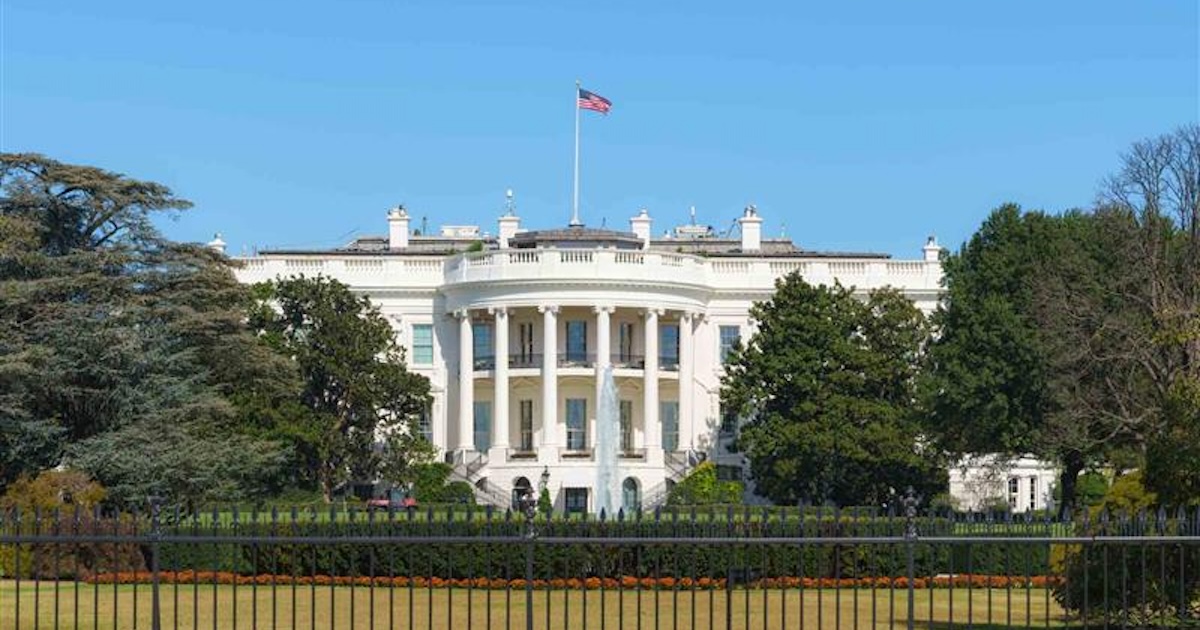
Photo: EDWIN TAN/GettyImages
The Medicare telehealth waivers and acute hospital care at home programs have expired after Congress was unable to reach a funding deal Sept. 30.
According to the National Consortium of Telehealth Resource Centers (NCRC), key telehealth flexibilities were first put in place during the COVID-19 pandemic.
The Alliance for Connected Care said that it has been "advocating for a longer-term fix to ensure patients and providers have the certainty in their access to healthcare via telehealth."
On its website, NCRC explained that if these programs are not extended, providers would no longer be reimbursed for telehealth visits delivered to Medicare beneficiaries in their homes.
In addition, pre-pandemic rural and facility restrictions would return, and crucial programs such as Hospital-at-Home could be impacted.
Federally Qualified Health Centers and Rural Health Clinics would no longer be able to serve as distant site providers for most telehealth services after Dec. 2025.
In a statement, the American Hospital Association (AHA) said, "The telehealth flexibilities granted resulted in significant benefits to patient care and are needed now more than ever to ensure patients' continued access to high-quality care."
The AHA said that if the waivers expire, "we risk a telehealth 'cliff' that would negatively impact patient access in all communities. Recognizing both the immediate and potential long-term benefits of telehealth, we urge Congress, the Centers for Medicare and Medicaid Services (CMS) and other executive agencies to take action to make critical telehealth flexibilities permanent."
Jessica Nussman, director of media and public relations for Hackensack Meridian Health, told MobiHealthNews, "Our Hospital From Home program temporarily paused new admissions as of Friday, Sept. 26, 2025."
"This advanced planning ahead of the expected expiration of the waiver on Sept. 30, means all patients in the program have been safely discharged and none will need to be transferred back to our hospitals. Hospital From Home will resume operations once the federal Acute Hospital Care at Home waiver is reinstated," Nussman said.
Tom Leary, senior vice president, head of government relations for HIMSS told MobiHealthNews that if the waivers expire, it could cause some health systems to walk away from telehealth services.
"It really creates a lot of uncertainty in the marketplace and for patients," Leary said.
"There are three camps total that we have grown to understand. One camp is we are continuing to move forward with telehealth services, irrespective of whether or not there is Medicare reimbursement because we see the benefit of utilizing it to keep patients out of the emergency room. The second group is those who are pulling back and limiting, and there are some groups that it is not worth the hassle for them," Leary said.
Leary added that letting the programs expire makes zero public policy sense.
"It makes an incredible amount of sense for both telehealth and remote patient monitoring services to remain available for CMS for Medicare patients," Leary said.


